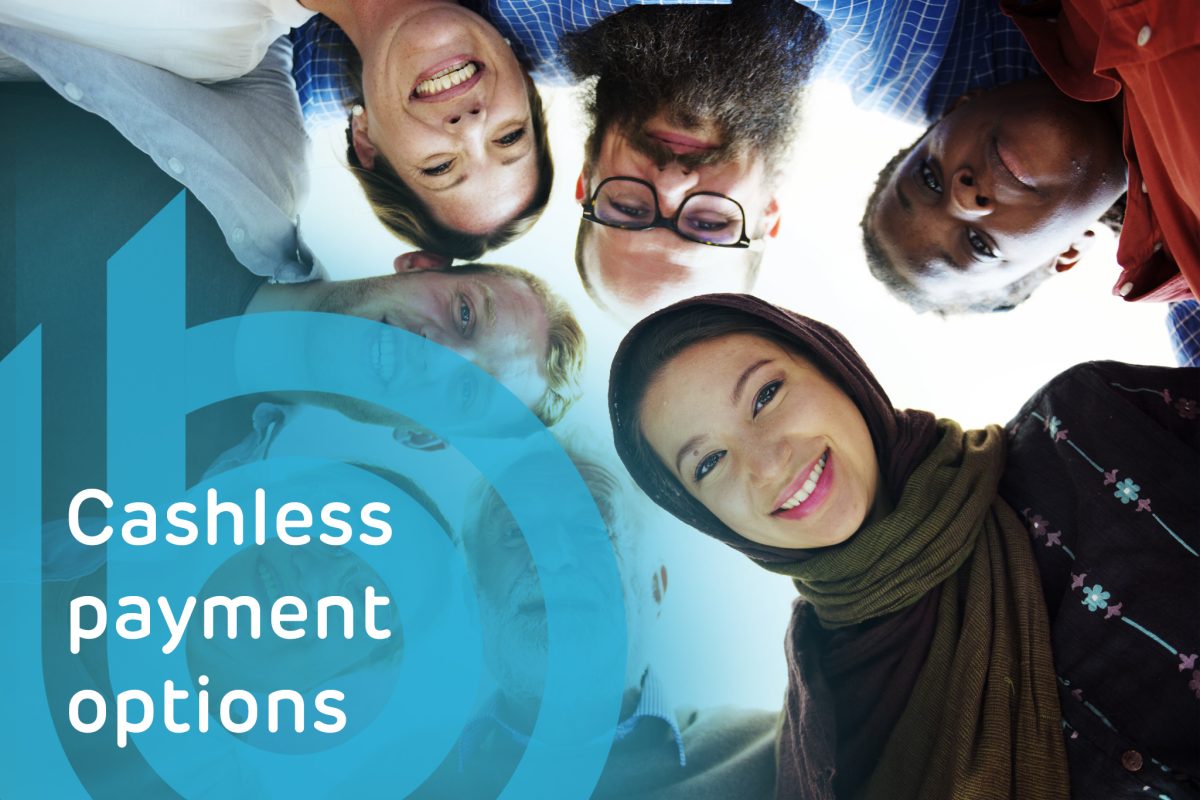How cashless payments can drive social inclusion to lead to a fairer and safer society
The move towards a cashless economy is beneficial for vulnerable members of society, driving social inclusion and a fairer society.

When the COVID-19 pandemic hit, cash handling plummeted. However, the decline in cash usage had begun much earlier, with the growing widespread use of contactless payments, apps, and virtual cards.
According to UK Finance, cash was used for just 17% of all payments in the UK in 2020, down from 56% 10 years prior. In fact, in 2020, 13.7 million consumers didn’t use cash at all.
Though many do still rely on cash, the move towards a cashless economy is beneficial for more vulnerable members of society, driving social inclusion and a safer, fairer society.
Free school meals
In a school environment, being different from the norm can be an uncomfortable position for students. For those from lower socio-economic backgrounds, receiving free school meals is a lifeline for struggling families, but can affect the students’ ability to fit in with their peers.
Cashless, school-wide schemes have been set up to eliminate this issue, by providing every child with a payment card onto which parents can load money for school dinners. Those in receipt of free school meals receive an identical, pre-paid card, but preloaded with monies from the central funding for schools. This means that no-one will be treated differently when paying for meals. It also means that parents who need support are more likely to accept it as they can be confident that their child will be treated equally and avoid the stigma of relying on government help.
Contractors from overseas
When people from outside of the UK are brought in on projects, the logistics around receiving payment can be complex when they do not have a UK bank account. With cashless payments, this problem is eliminated, and diverse workforces from elsewhere can contribute to the UK economy easily and without fuss.
Safer and more secure
Workers vulnerable to exploitation and/or underpayment through cash-in hand work like young, working class, or immigrant workers, are less likely to be paid unfairly as cashless payments leave a clear paper trail.
A reduction in cash-in-hand payments also means there is less opportunity for tax avoidance practices, meaning more contributions to state funded services.
Inclusion of people without bank accounts
In a cashless system, prepaid cards can ensure that people without bank accounts (like, for example, homeless people, or refugees) can still participate and access benefits. Government bodies, charities, and other organisations can ensure that beneficiaries are able to receive funds without the need for permanent addresses.
Transport
Prepaid cards can ensure that people without bank accounts can travel to interviews or appointments, allowing them to get jobs, access health care, and other essential parts of life.
Cashless taxi systems like Uber of Lyft can help women and vulnerable people access safe transport without the need to carry cash or look for a cash point. This also means that the risk of mugging or theft for cash is minimised.
Food poverty
Tackling food poverty and helping low-income households ensure their children are fed has historically been done through food vouchers, which can lead to stigmatisation and often families refusing help because of this.
With pre-paid cards, families can take advantage of social benefit schemes designed to tackle food poverty without the stigma of using food vouchers or food banks.
An example of this in action is the Best Start Foods project in Scotland, which won Social Inclusion Project of the Year at the 2020 Payments Awards. The scheme allowed the Scottish Gov to send funds to low-income households with children under 3 via pre-paid cards to buy food staples like milk, bread, fruit, and vegetables.
Cashless systems can ensure that the most vulnerable in our society are treated fairly, can access help, and are safer and more secure. At B4B, we offer a range of cashless payment options that can contribute to a more inclusive society. Talk to our team to explore your own cashless systems.



